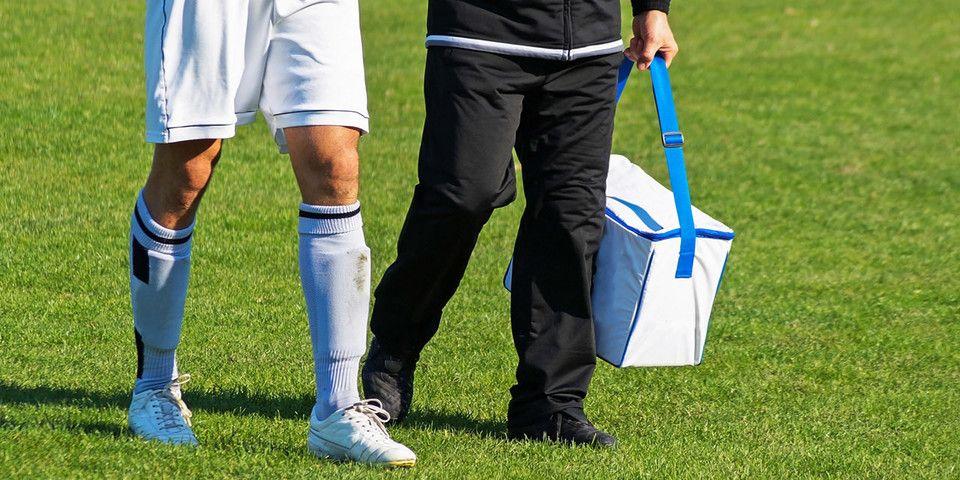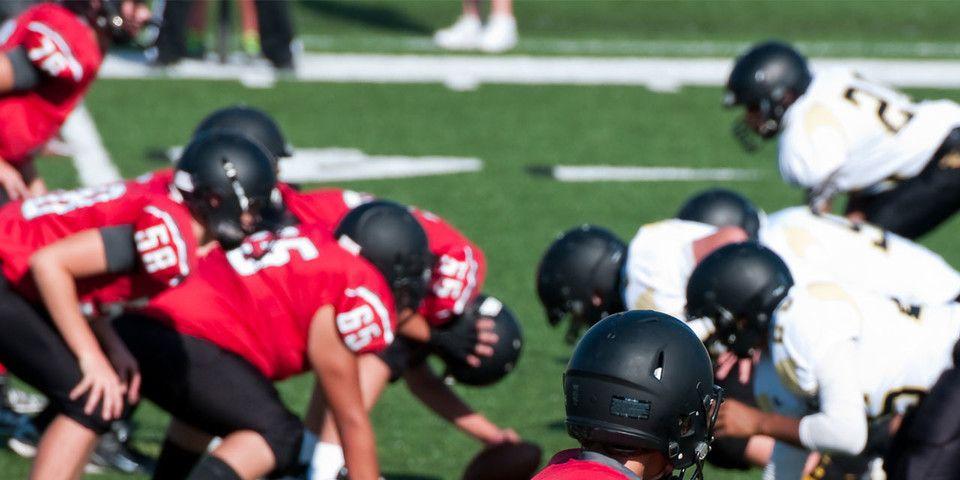Prevent overuse and other career-limiting sports injuries.
Swimming is often recommended as a low-impact exercise to benefit those with recurring health and joint issues. However, given over demanding workouts or incorrect technique, swimming injuries can still occur, potentially creating further health complications for participants. If you or someone you love is interested in swimming as an exercise regimen, Rothman Orthopaedic Institute wants to help you prepare with this primer on common swimming injuries and their prevention.
Swimmer’s Shoulder
Swimmer’s shoulder is the most common of swimming injuries. It can be caused by bad technique, excessive workload, or the improper use of swim paddles and pull buoys. Unbalanced strength and flexibility in the muscles can also lead to swimmer’s shoulder, as well as overzealous stretching.
Swimmer’s Knee
Also known as breaststroke knee, swimmer’s knee is an injury incurred during the mechanics of the breaststroke kick. The extension and propulsion of the kick subject the knee to external rotation, which goes against the knee’s structural design and stresses the inner ligament of the knee (medial collateral ligament or MCL).
Neck Injuries
Neck Injuries are most often the result of incorrect technique. Swimmers who do not keep their heads in line with the spine or who over-rotate their heads are most at risk. In addition, swimmers who increase their distances too much too soon do not allow anterior neck muscles adequate time to adapt and grow stronger.
Lower Back Injuries
Lower back swimming injuries are also often due to incorrect technique. Swimming with a high head position and/or sinking hips and legs causes the back to overarch to compensate. Lifting the upper body out of the water with the back instead of the overall body wave motion puts undue stress on the back muscles and ligaments.
Concussions
Concussions are often discussed as leading competitive swimming injuries, but all swimmers should be aware of the risk of concussions while practicing the sport. A concussion is a traumatic brain injury that occurs due to impact. The impact can be directly to the head, but it can also occur elsewhere and cause sufficient jarring to the brain. These injuries can occur through impact with a pool wall or with another swimmer, or from falling on the deck. Synchronized swimmers have a particularly high rate of concussion occurrence; however, it is important for all athletes, coaches, and family members to be informed and proactive when it comes to swimming concussions.
How To Prevent Common Swimming Injuries
-
Stay hydrated! Just because you’re in the water doesn’t mean you don’t need to drink some, too.
-
Eat plenty of protein, produce, calcium, vitamin D, and magnesium in your diet for health and sustained activity.
-
Work with an athletic trainer or other sports medicine professional to incorporate proper strength training techniques for the lower back, shoulders, hamstrings, quadriceps, and neck.
-
Be aware of your surroundings both in and out of the water. Allow plenty of space between yourself and other swimmers.
-
Warm up and cool down muscles with appropriate stretching and light aerobic exercises before and after every practice and meet.
-
Alternate swimming strokes regularly to avoid overstressing any one muscle group.
-
Reporting all injuries or pain at once. Do not swim through the pain!
-
Prioritize proper rest. All athletes should take 1-2 days a week and 1-2 months a year away from their sports to prevent burnout and overuse injuries.
The main goal of swimming injury prevention is to minimize injury and sustain athletic careers as long as it is healthy. If you have any questions about your risk or if you are already experiencing any pain, your first step should be to consult your physician right away. For more specialized treatment, visit us here or contact us at 1-800-321-9999.
Related Specialties
Related Physicians
Related Conditions
Related Treatments
Related Services
Related Programs
-

Athletic Training- Sport Medicine Outreach
Our Field Athletic Trainers provide direct sports medicine care to youth, high school, college and professional athletes. Rothman AT’s provide athletic training services throughout Southeastern PA and NJ to interscholastic high schools, colleges, as well as tournaments and special events.Read More -

Injury Prevention Program
The Injury Prevention Program at the Rothman Orthopaedic Institute is dedicated to the prevention of injuries from athletic participation, particularly youth sports.Read More -

Sports Concussion Program
Concussion care is a special focus of Rothman's sports medicine program. We've developed the most advanced multi-disciplinary evaluation and treatment techniques based on research done by the concussion specialists here at Rothman Orthopaedic Institute.Read More





